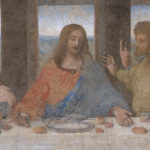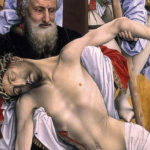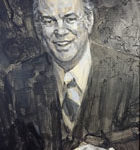
It is estimated that millions (five percent) of the American population have had what are identified as Near Death Experiences (NDEs). That means a massive number of persons have, in the face of their own deaths or very deep concerns, experienced what they identify as a realistic experience in which, in part or in all, they have gone to heaven, talked to loved ones, seen glory lights, felt total reality, and the experiences extend in many directions even to talking with Jesus, or listening in on conversations between God the Father and Jesus. All of these reports, some book length, are rather consistent in that the writer wanted to stay in the experience and not return to earth for any… Read more






